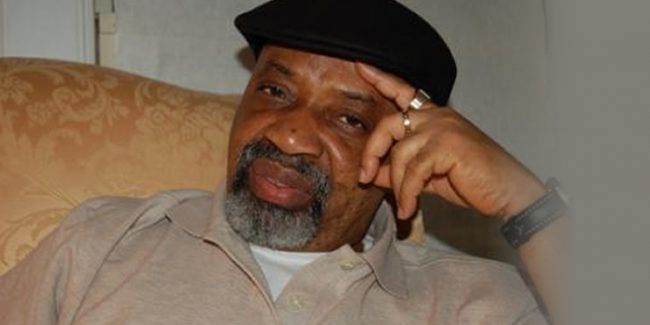Business
FG promises new minimum wage by Sept as NLC frowns at delay tactics

Minister of Labour and Employment, Dr. Chris Ngige has promised that the federal government would implement the new minimum wage by the third quarter of this year.
The Nigeria Labour Congress (NLC) has however vowed to resist any attempt to further delay deliberations on, and subsequent implementation of the new minimum wage.
A tripartite presidential committee chaired by former Head of Civil Service of the Federation (HOSCF) Ama Pepple was recently inaugurated by President Muhammadu Buhari to arrive at a new minimum wage for Nigerian workers.
These positions were expressed at the 40th anniversary lecture of the Congress in Abuja, Monday.
Speaking, NLC President, Ayuba Wabba explained that the legitimate demand for the review of the current N18, 000 minimum wage was borne out of the current reality of higher cost of living, free fall of the naira, and high cost of goods and services.
Read also: Investors, stakeholders gather in Nigeria for Investors’ Conference
“Let me use this medium to serve notice to those who seek to slow down or frustrate the process of review that they will be resisted in like manner as our predecessors did.
“We are prepared to deal with employers, especially governors who deny workers and pensioners their salaries and pensions. Workers, pensioners and their families will not give them any further political support, especially their votes,” he warned.
The NLC boss said the labour movement would stop at nothing to realise the new wage structure, nothing that Nigerian workers had had only five national minimum wage reviews in the last 40 years.
Wabba said, “Within the period under review, we had National Minimum Wage negotiations and struggles of 1981, 1991, 2000, 2005, 2011; which were won with enormous sacrifices made by the working people, including some lives lost on the streets. The struggles for the review of the national minimum wage since it was instituted in the 80s have been tough and rough, because of the interest of a variety of actors; including government and employers of labour. Sometimes, it took threats to down tools before the tables were set for negotiations. Even when agreements are reached, as stated earlier, they were and are still not respected.
“Nigeria, being a member state of the ILO, must be seen to respect ILO instruments on National Minimum Wage fixing and implementation, which are, Convention No 131 of 1970 and Convention No. 172 of 1992.”
He also expressed concern over the future of work, saying that the issue must be collectively addressed through the change of perceptions, attitude, policies, and practices.
Wabba continued, “Unemployment continues to rise and drive adult men and women (16.1% official figure), especially youth (60%) to desperations and despondency including varying crimes and desperate and suicidal migration adventures across the Sahara Desert and the Mediterranean Sea in the quest for better economic well-being. Nigeria must be committed to the development of a robust, pragmatic, sustainable national employment policy that works for households and the economy. As organised labour, we shall continue to advocate for this and be more active in migration discourse.
“The weak and low access and coverage of social protection provisions in the country partly explain why inequality and poverty continue to hunt and hurt peoples and their communities, especially those operating and working in the informal economy populated more by women, youth, and low skilled persons. We will continue to work with governments at all levels to find ways and means to upscale and maintain social protection regimes that can effectively contribute to walking millions out of poverty.”
RipplesNigeria… without borders, without fears
Click here to join the Ripples Nigeria WhatsApp group for latest updates.
Join the conversation
Support Ripples Nigeria, hold up solutions journalism
Balanced, fearless journalism driven by data comes at huge financial costs.
As a media platform, we hold leadership accountable and will not trade the right to press freedom and free speech for a piece of cake.
If you like what we do, and are ready to uphold solutions journalism, kindly donate to the Ripples Nigeria cause.
Your support would help to ensure that citizens and institutions continue to have free access to credible and reliable information for societal development.






















